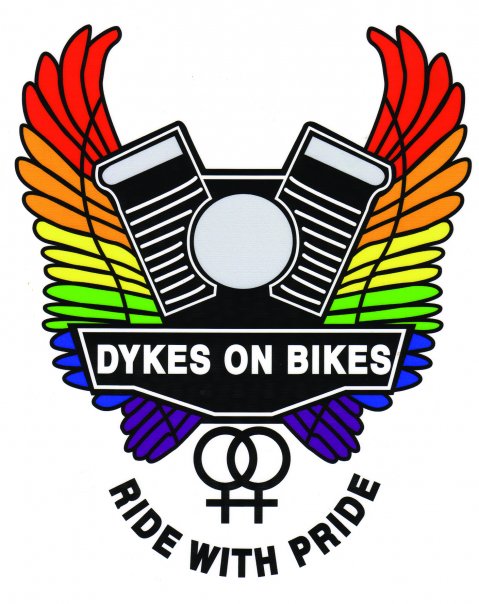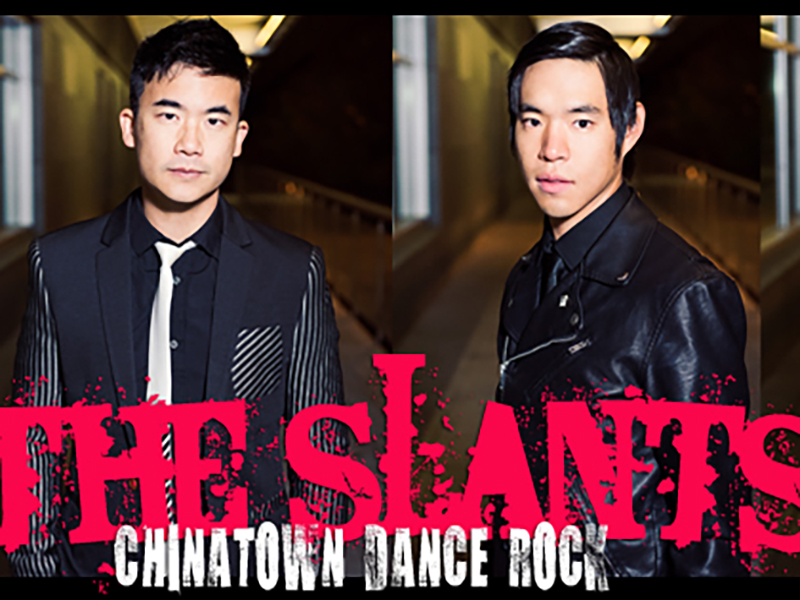News
The Supreme Court Says Trademarks Can Be Politically Incorrect
In the 70 years since the Federal Trademark Act has been in force, trademark applicants have had their registration requests reviewed for political correctness. With the Supreme Court’s decision in Matal v. Tam on June 19, 2017, the Supreme Court said “no more;” such governmental censorship is unconstitutional.
 In years past, all trademark registration applicants ran the risk that their applications could be rejected if their mark “may disparage…persons, living or dead, institutions, beliefs or national symbols, or bring them into contempt or disrepute.” Effectively, this provision made the Trademark Office the judge of “good taste” and “happy talk.” Victims of the past Trademark Office scrutiny include: STOP THE ISLAMISATION OF AMERICA, PORNO JESUS, HEEB and KHORAN. SQUAW fell somewhere in the middle; the Trademark Office thought that it disparaged Native American women on clothing, but not on ski-related goods. The Office sought to reject DYKES ON BIKES as disparaging lesbians, was over-ruled by the Office’s Appeals Board only to have a disgruntled third-party challenge the registration as disparaging to men, but that challenge was over-ruled by a federal appellate court. Of course, you can see the consistency in having the Government make these decisions.
In years past, all trademark registration applicants ran the risk that their applications could be rejected if their mark “may disparage…persons, living or dead, institutions, beliefs or national symbols, or bring them into contempt or disrepute.” Effectively, this provision made the Trademark Office the judge of “good taste” and “happy talk.” Victims of the past Trademark Office scrutiny include: STOP THE ISLAMISATION OF AMERICA, PORNO JESUS, HEEB and KHORAN. SQUAW fell somewhere in the middle; the Trademark Office thought that it disparaged Native American women on clothing, but not on ski-related goods. The Office sought to reject DYKES ON BIKES as disparaging lesbians, was over-ruled by the Office’s Appeals Board only to have a disgruntled third-party challenge the registration as disparaging to men, but that challenge was over-ruled by a federal appellate court. Of course, you can see the consistency in having the Government make these decisions.
 Matal v. Tam involved an effort by a rock group called “The Slants” to register their name.
Matal v. Tam involved an effort by a rock group called “The Slants” to register their name.
Even though the group was composed entirely of Asian-Americans who asserted that the name was designed to “reclaim” and destigmatize the slur that “slants” might represent to Asians, the Trademark Office disagreed and refused to register the mark concluding that it disparaged a “substantial composite, although not necessarily a majority of [Asians].”
In an 8-0 decision (Justice Gorsuch was not yet a member of the Court at the time of oral argument), the Supreme Court would have nothing of the so-called disparagement clause of the Trademark Act. On pure First Amendment free speech grounds, the Court struck down this restriction to trademark registration. Writing for the Court, Justice Alito rejected the Government’s claim that the disparagement clause is narrowly drawn to drive out trademarks that support invidious discrimination:
The clause reaches any trademark that disparages any person, group or institution. It applies to trademarks like the following: “Down with racists,” “Down with sexists,” Down with homophobes.” It is not an anti-discrimination clause; it is a happy-talk clause. In this way, it goes much further than is necessary to serve the interest asserted.
 Perhaps the biggest winner from the decision are fans of the Washington Redskins. The NFL franchise has been locked in a decades-long legal battle with Native American organizations seeking to cancel the REDSKINS trademark registration on grounds that it disparages Native Americans. The football club seemed to win the case over and over again on grounds that the “offended” group had waited too long to bring the challenge. But, then a federal district court decided that delay was not a bar to the challenge in 2015 and upheld the cancellation. No doubt, the Supreme Court ruling ends this football odyssey and transfers the issue from courts of law to courts of public opinion.
Perhaps the biggest winner from the decision are fans of the Washington Redskins. The NFL franchise has been locked in a decades-long legal battle with Native American organizations seeking to cancel the REDSKINS trademark registration on grounds that it disparages Native Americans. The football club seemed to win the case over and over again on grounds that the “offended” group had waited too long to bring the challenge. But, then a federal district court decided that delay was not a bar to the challenge in 2015 and upheld the cancellation. No doubt, the Supreme Court ruling ends this football odyssey and transfers the issue from courts of law to courts of public opinion.
One unanswered question is whether this ruling will have any effect on a similar bar to the registration of “immoral or scandalous” marks. This prohibition has led to the Office refusing to register SENUSSI cigarettes (Senussi being the name of a Moslem sect); MADONNA wines; LIBIDO perfume; BUBBY TRAP brassieres; BULLSHIT for handbags and wallets, and beverages; and JACK-OFF for adult phone conversations, although in the relaxed standards of the post- Summer of Love era, the Trademark Office has allowed WEEK-END SEX for magazines; BADASS for musical instruments; BIG PECKER BRAND for T-shirts and even a red-white and blue depiction of a condom along with OLD GLORY CONDOM CORP. for prophylactics. The Government has filed papers in other court proceedings suggesting that it will no longer seek to enforce the “immoral and scandalous” bar to registration due to constitutional considerations. But, it may be a little early to rush out to register the most prurient and lascivious brands that might come to mind. Stay tuned.

